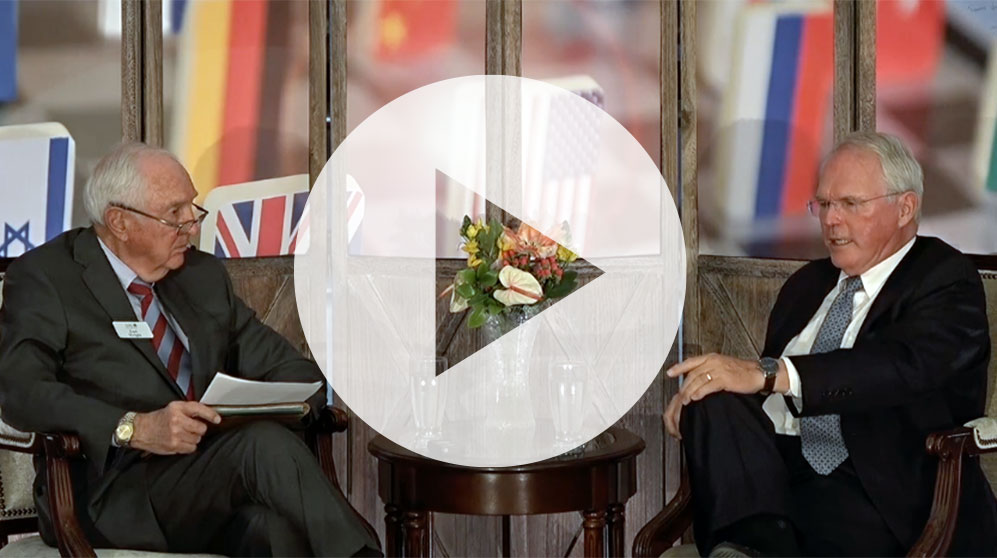Don’t Root for China’s Continued Malaise
• 3 min read
- Brief: Global Economy

Get the Latest Research & Insights
Sign up to receive an email summary of new articles posted to AMG Research & Insights.

China has a dilemma.
Its once brilliant economy is losing its sparkle. Its real estate industry is drowning in debt and failing to honor commitments. Exports are slumping. One in five college graduates is unemployed. Deflation appears to be taking hold. It’s getting so bad that even the usually deceptive Communist Party leadership is having a tough time finding a positive spin.
Why should we in the United States even care? China is our biggest economic rival after all. But we should care—a lot.
China is a major player on the international geopolitical stage and a massive economic force that America helped create over the past 50 years. Since 1973, China’s economy has grown from $138.5 billion to nearly $18 trillion today while U.S. GDP has jumped from $1.4 trillion to $20.4 trillion. During its climb, China has raised 800 million citizens out of poverty while becoming the world’s manufacturing and export capital. Globally, developing countries profited by providing the minerals and raw materials that China turned into finished goods and consumer products ranging from furniture to pharmaceuticals and clothing to cell phones.
We in America have also benefited from China’s rise. For instance, the cost advantage of well-made Chinese imports helped keep pre-pandemic inflation low. China’s advance also pushed the United States to transform itself from a manufacturing-heavy economy into one based on service industries, which now employ nearly eight out of 10 workers. While this change hurt many blue-collar families, the tradeoff helped the U.S. economy to grow 3.5-fold (inflation adjusted) since 1973. Today, nearly 38% of Americans are college graduates, up from 11% 50 years ago. U.S. universities are the envy of the world.
Obviously, the United States thrived economically at the same time as China did. It has been a win-win for both countries. So, it’s doubtful that we would be better off with China in a malaise, which could have a ripple effect around the globe.
Hopefully, it can manage through its current issues and maybe become a better international citizen using its newfound economic muscle to continue bolstering its burgeoning middle class while developing fair and equitable trade deals with all countries.
Ingenuity, innovation and good old economic competition are the best ways to foster a growth climate that benefits everyone in the world.
HOW AMG CAN HELP
Not a client? Find out more about AMG’s Personal Financial Management (PFM) or to book a free consultation call 303-486-1475 or email us the best day and time to reach you.
This information is for general information use only. It is not tailored to any specific situation, is not intended to be investment, tax, financial, legal, or other advice and should not be relied on as such. AMG’s opinions are subject to change without notice, and this report may not be updated to reflect changes in opinion. Forecasts, estimates, and certain other information contained herein are based on proprietary research and should not be considered investment advice or a recommendation to buy, sell or hold any particular security, strategy, or investment product.
Get the latest in Research & Insights
Sign up to receive a weekly email summary of new articles posted to AMG Research & Insights.




